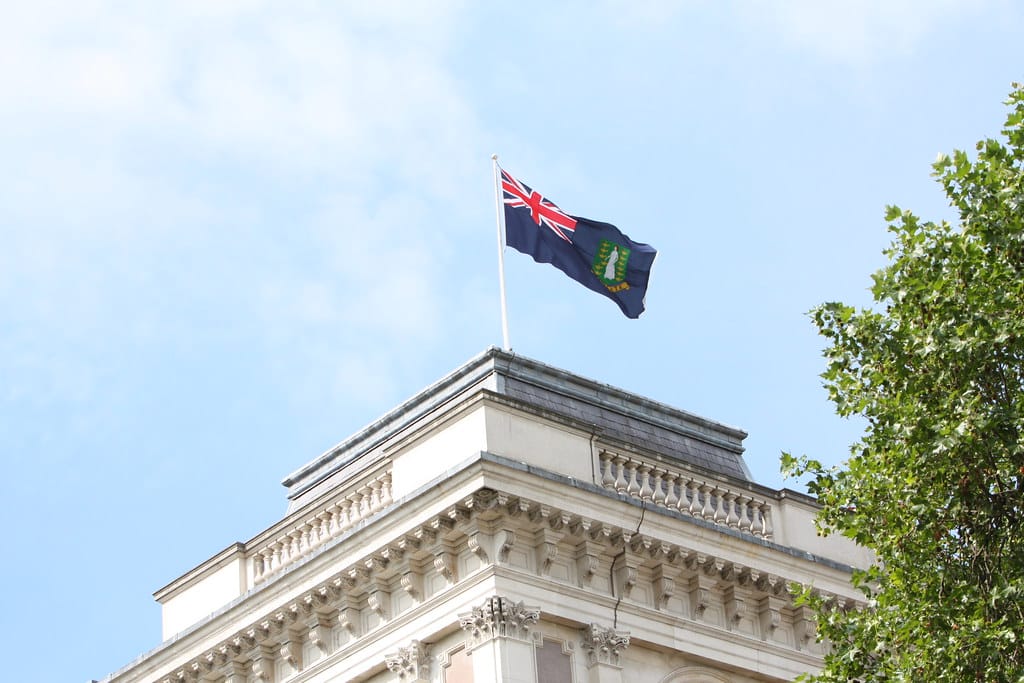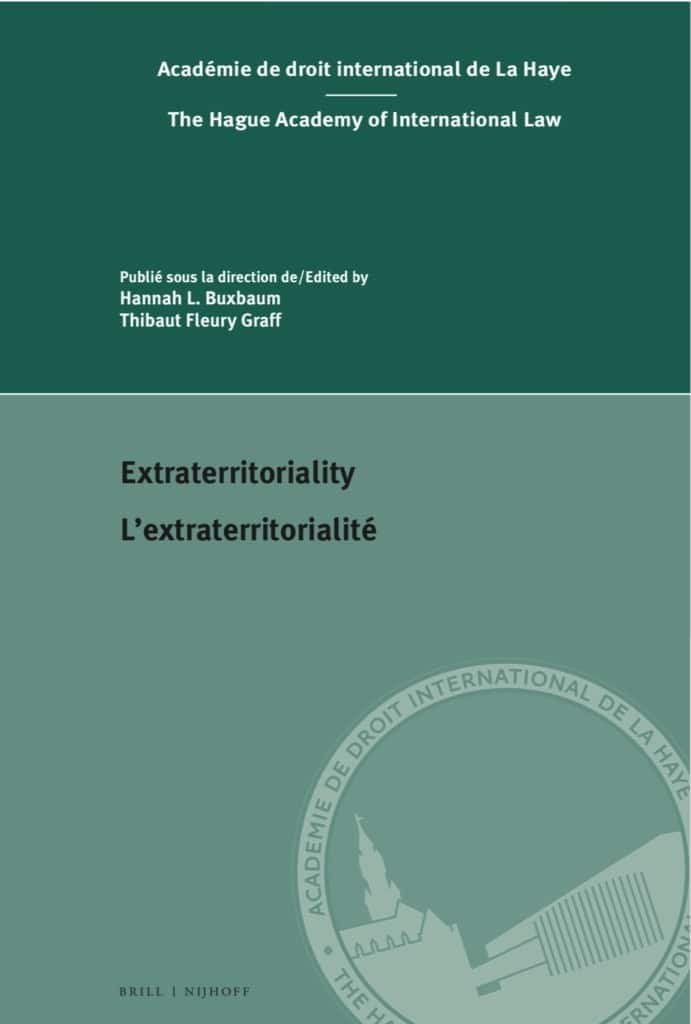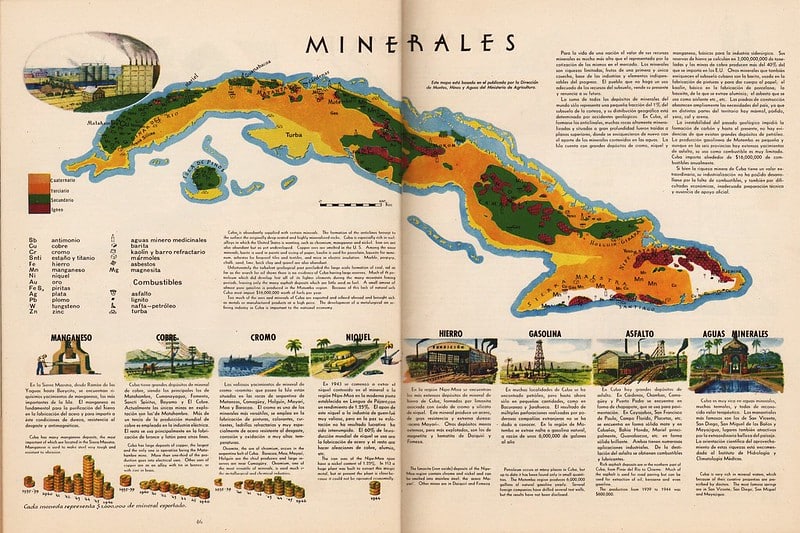Supreme Court Grants Review in Three Transnational Litigation Cases
Today, the Supreme Court granted review in three transnational litigation cases and denied review in three others. Emma White has discussed each of the cases in greater detail. In Turkiye Halk Bankasi A.S. v. United States, the Court will consider whether the Foreign Sovereign Immunities Act applies to criminal proceedings. Chimène Keitner has previously analyzed…
Continue ReadingMBS’s Appointment as Saudi Prime Minister Gives Him Head-of-State Immunity
On Tuesday, King Salman appointed Crown Prince Muhammad bin Salman (MBS) as Prime Minister of Saudi Arabia. The appointment makes MBS Saudi Arabia’s head of government, thereby entitling him to “head of state” immunity under U.S. law and customary international law. The appointment comes just days before an October 3 court deadline for the U.S….
Continue ReadingThe U.S. Supreme Court, October Term 2022
Today, the U.S. Supreme Court holds its first conference of the October 2022 Term. The term will officially open next week on the first Monday of October. To help readers keep track of petitions and cases raising interesting questions about transnational litigation, we are pleased to announce our new Supreme Court page. At today’s conference,…
Continue ReadingSolicitor General Recommends That Supreme Court Hear Extraterritorial Trademark Case
Last Friday, the Solicitor General (SG) recommended that the Supreme Court hear Abitron Austria GmbH v. Hetronic International, Inc. to consider when the federal trademark statute, known as the Lanham Act, applies extraterritorially. A jury found that five German and Austrian companies infringed Hetronic International’s trademarks and awarded damages of more than $90 million for violations…
Continue ReadingDistrict Court Interprets Geographic Scope of the Commodity Exchange Act
In a recent decision, CFTC v. WorldWideMarkets Ltd., the federal district court for the District of New Jersey (Judge Kevin McNulty) interpreted the geographic scope of the Commodity Exchange Act (CEA), holding that two of its provisions apply only when irrevocable liability for a transaction is incurred within the United States. The decision aligns the…
Continue ReadingSurveying Extraterritoriality
TLB advisor Hannah Buxbaum has posted to SSRN a piece entitled “The Practice(s) of Extraterritoriality.” It is an introductory chapter from the book Extraterritoriality/L’extraterritorialité, edited by Buxbaum and Thibaut Fleury Graff, which grew out of the 2019 Centre for Studies and Research at the Hague Academy of International Law. Buxbaum’s chapter is a masterful survey of extraterritoriality…
Continue ReadingThrowback Thursday: Timberlane Lumber Co. v. Bank of America
Although the relevant text of the Sherman Act remained unchanged for most of the twentieth century, courts’ interpretations of its extraterritorial reach fluctuated dramatically. In 1909, the U.S. Supreme Court adopted a territorial approach in American Banana, described in a recent post, holding that the Sherman Act applied only to anticompetitive conduct in the United…
Continue ReadingServing Chinese Defendants—Another Problematic Decision
An order last week in Teetex, LLC v. Zeetex, LLC illustrates some common and problematic approaches to serving process on defendants in China. When service under the Hague Service Convention had not been accomplished within six months, the district court authorized service by email on the defendant’s general manager in China and the general manager’s…
Continue ReadingMore Evidence that Helms-Burton is Backfiring
In 1996, Congress passed the Helms-Burton Act to strengthen sanctions against Cuba and to deter foreign companies from investing there. To discourage foreign investment, Title III created a civil remedy allowing U.S. nationals to sue any person who “traffics” in property confiscated by the Cuban government for damages in an amount three times the value…
Continue ReadingA Typical 1782 Case
28 U.S.C. § 1782 allows a federal court to order discovery for use in a foreign or international tribunal. After the Supreme Court’s first § 1782 decision in 2004, Intel Corp. v. Advanced Micro Devices, Inc., the number of § 1782 petitions increased dramatically, more than quadrupling between 2005 and 2017. In re Petition of…
Continue Reading






